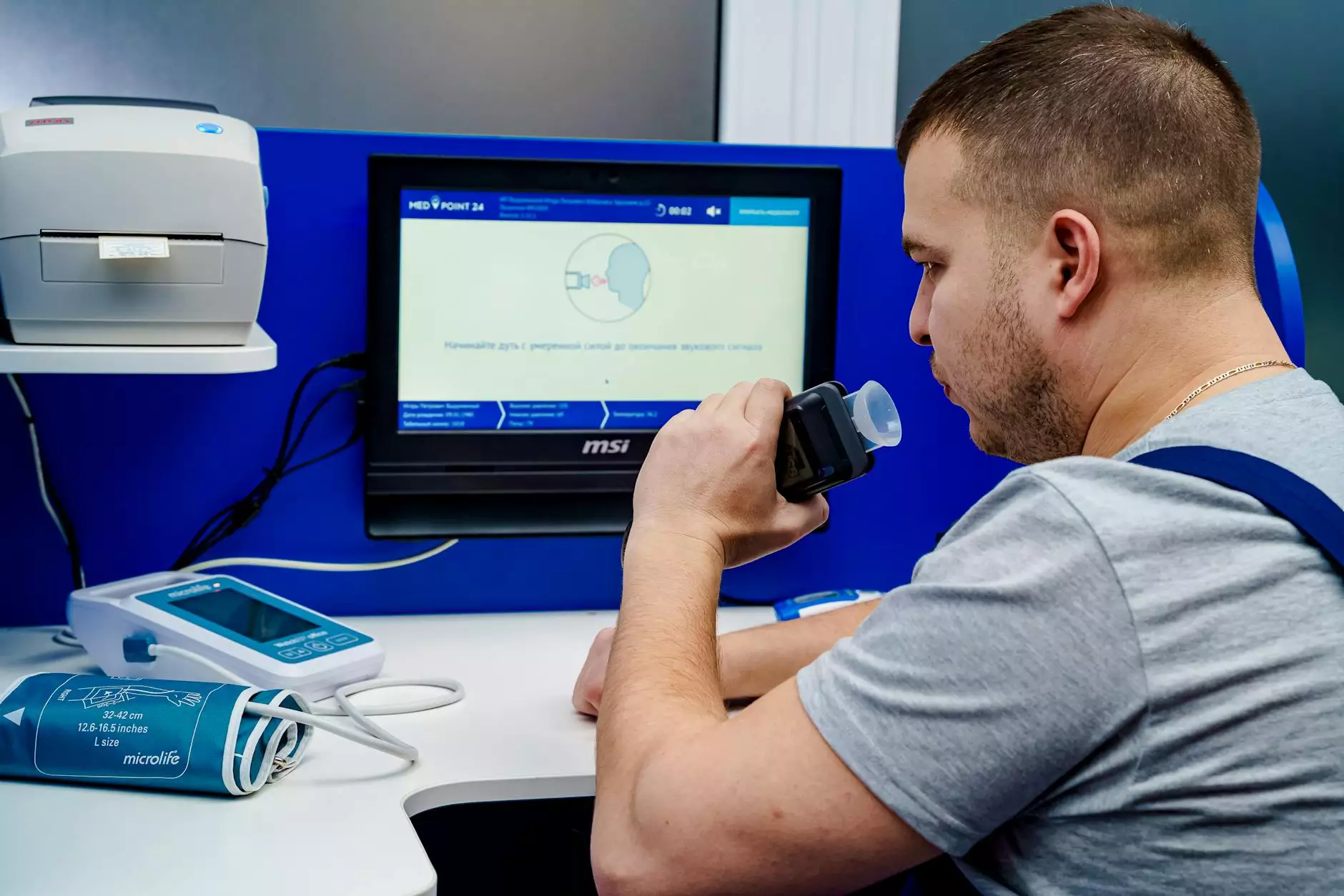Understanding Data Privacy Compliance in Today's Business Landscape

In an era where data breaches and cyber threats are alarmingly common, data privacy compliance has become a paramount concern for businesses across the globe. Data privacy laws are evolving constantly, and organizations must navigate this complex legal landscape to protect themselves and their customers. This comprehensive guide delves into what data privacy compliance entails, why it is crucial, and how businesses can effectively implement necessary protocols.
What is Data Privacy Compliance?
Data privacy compliance refers to the processes and practices that organizations undertake to adhere to applicable laws, regulations, and guidelines concerning the protection of personal data. This compliance is not only about meeting legal obligations but also about fostering trust with customers and maintaining a competitive edge in the marketplace.
Understanding the Regulatory Framework
Several key regulations govern data privacy compliance. Some of the most notable include:
- General Data Protection Regulation (GDPR): Enacted in the European Union, the GDPR has set a global benchmark for data protection. It imposes strict guidelines on how personal data is collected, processed, and stored.
- California Consumer Privacy Act (CCPA): This California state law enhances privacy rights and consumer protection for residents of California, setting a precedent for data privacy legislation in the US.
- Health Insurance Portability and Accountability Act (HIPAA): In the healthcare sector, HIPAA mandates the protection of sensitive patient health information.
Why is Data Privacy Compliance Important?
Adhering to data privacy laws is crucial for numerous reasons, including:
1. Protecting Customer Trust
In a world where data breaches are increasingly common, consumers are more cautious about how their personal information is handled. Companies that prioritize data privacy compliance demonstrate to their customers that they value their privacy and are committed to safeguarding their data, thereby building trust and loyalty.
2. Avoiding Legal Repercussions
Failure to comply with data privacy laws can result in severe penalties, including hefty fines and sanctions. For instance, non-compliance with the GDPR can lead to fines of up to €20 million or 4% of global annual turnover, whichever is higher. Such consequences could prove detrimental to any business, large or small.
3. Enhancing Reputation
Businesses that employ robust data privacy measures can differentiate themselves from their competitors. They can market their commitment to data security, leveraging it to enhance their overall reputation in the industry.
4. Facilitating Data Management
Adopting a culture of compliance encourages better data management practices. Organizations that systematically manage their data not only comply with regulations but also benefit from improved operational efficiencies.
Best Practices for Ensuring Data Privacy Compliance
Here are some best practices that organizations can implement to achieve data privacy compliance:
1. Conduct Regular Data Audits
Organizations should regularly audit their data collection and processing practices to ensure that they comply with applicable regulations. This includes assessing how data is collected, processed, stored, and shared, and identifying any potential risks.
2. Implement Strong Data Security Measures
Protecting data begins with the implementation of robust security measures. This includes utilizing encryption, firewalls, and secure access controls. Regular security training for employees is also essential to mitigate human error, which is often a root cause of data breaches.
3. Develop a Comprehensive Privacy Policy
A clear and transparent privacy policy is crucial for both compliance and communication with customers. This policy should detail what data is collected, how it is used, and the rights of the consumers concerning their information.
4. Ensure Third-Party Compliance
Many organizations rely on third-party vendors to handle their data. It is crucial to ensure that these vendors are also compliant with data privacy compliance regulations. Conduct vendor assessments and include compliance requirements in contracts to minimize risks.
5. Appoint a Data Protection Officer (DPO)
For businesses that deal with large volumes of personal data, appointing a Data Protection Officer can be a vital move. A DPO ensures that the organization remains compliant with all relevant regulations, acts as a point of contact for data subjects, and oversees data protection strategies.
Impact of Data Privacy Compliance on IT Services and Computer Repair
In fields such as IT Services & Computer Repair, data privacy compliance has significant implications. These companies handle sensitive data and thus have a heightened responsibility to protect it. Here’s how compliance affects these sectors:
1. Safeguarding Client Data
As IT service providers, the protection of client data is paramount. Data breaches in these environments can lead to significant financial loss and reputational damage. Compliance ensures that proper measures are in place to safeguard all data entrusted to them.
2. Building Long-Term Relationships
Businesses in the IT sector that adhere to data privacy compliance can build strong, long-lasting relationships with their clients. Clients are more likely to continue using services if they feel their data is secure.
3. Adapting to Emerging Technologies
With the rise of cloud computing, AI, and big data, the risk of data privacy breaches increases. IT service providers must stay updated with compliance regulations related to these technologies and adapt their practices accordingly to mitigate risks.
Conclusion: The Future of Data Privacy Compliance
The landscape of data privacy compliance is continually evolving, and businesses must be proactive to stay ahead. Not only does compliance with data protection laws safeguard their interests, but it also enhances trust and loyalty among customers. By adopting best practices, fostering a culture of compliance, and utilizing the expertise of organizations like Data Sentinel, businesses can thrive in a data-driven economy while protecting personal information.
Call to Action
For businesses looking to enhance their data privacy compliance, it’s crucial to seek expertise in IT services, data security, and recovery best practices. Data Sentinel offers unparalleled services in IT Services & Computer Repair and Data Recovery, helping you to safeguard your data and comply with the necessary regulations.
To stay updated on data privacy laws and best practices, consider subscribing to our newsletter or contacting us for tailored advice on how to navigate this critical aspect of your business strategy.



